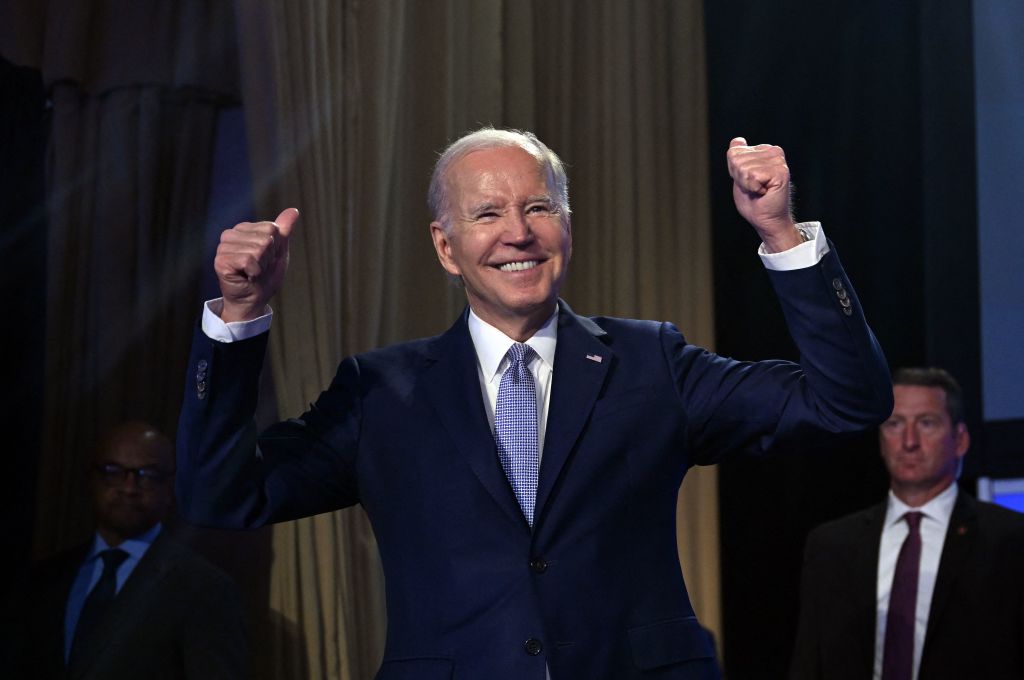Something very odd is going on in the economic sphere. The Japanese yen is in precipitous decline versus the US dollar, while the latter was this week reported to be gaining in strength compared to almost all other major currencies.
One economic explanation behind this is the surprising resilience of the US economy. While a lot of the positive data emerging is driven by government interventionism rather than the structural health of the country’s economy, there are certain factors which provide a strategic advantage.
Foremost among these is the booming US energy sector, with the shale revolution continuing to reap dividends. The United States is now the world’s largest producer of crude oil and a major player in natural gas, providing affordable energy to a resurgent manufacturing sector. When one also considers Government support such as the Inflation Reduction Act and investment opportunities in AI and related areas, it is no surprise that a growing number of companies, especially in Europe, are considering relocating production to the US. That’s before one gets to the high interest rates which promise better returns on American assets than alternatives abroad, causing increased monetary flows into the States.
Behind all of this, however, there are also much wider considerations. A strong dollar is a powerful tool in dealing with Washington’s enemies, and can wreak havoc on national economies without the need to fire a single shot. While the headlines in the financial press are focused on Japan, the real target of these policies is China. As Albert Marko and Tony Nash of the geopolitical blog “Cloak & Dagger” have pointed out, the fluctuations of the yen “have profound implications, especially for China […] These tensions could disrupt President Xi’s economic recovery plans, exacerbated by factors such as soaring gold prices and an elevated dollar, which could drain liquidity from the Chinese banking system.”
A similar point was made by the economist Brad Setser: “A weaker yuan is not a sign of strength. It will lead to questions about whether China’s economy is as strong as people thought.” There are already signs that this is indeed the case, with Chinese manufacturing and services sectors growing at a slower pace.
Xi Jinping needs his country’s economy to appear resilient, and instil confidence in the people that the “great bargain” the Chinese Communist Party struck with them is still valid: one-party rule with limited political rights, in exchange for economic growth and prosperity. With the dollar crushing the yen, Tokyo’s economy suffers, but this also creates opportunities for its export industries, potentially incentivising the relocation of manufacturing capacities from China to Japan.
For the last few years we have been hearing about the end of the US dollar as the world’s dominant currency, and there can be no doubt that there are some who would wish for this very scenario. But, as recent weeks have shown, for the time being the USD has no equal — and Washington is willing to use this leverage whenever it can.











Join the discussion
Join like minded readers that support our journalism by becoming a paid subscriber
To join the discussion in the comments, become a paid subscriber.
Join like minded readers that support our journalism, read unlimited articles and enjoy other subscriber-only benefits.
Subscribe